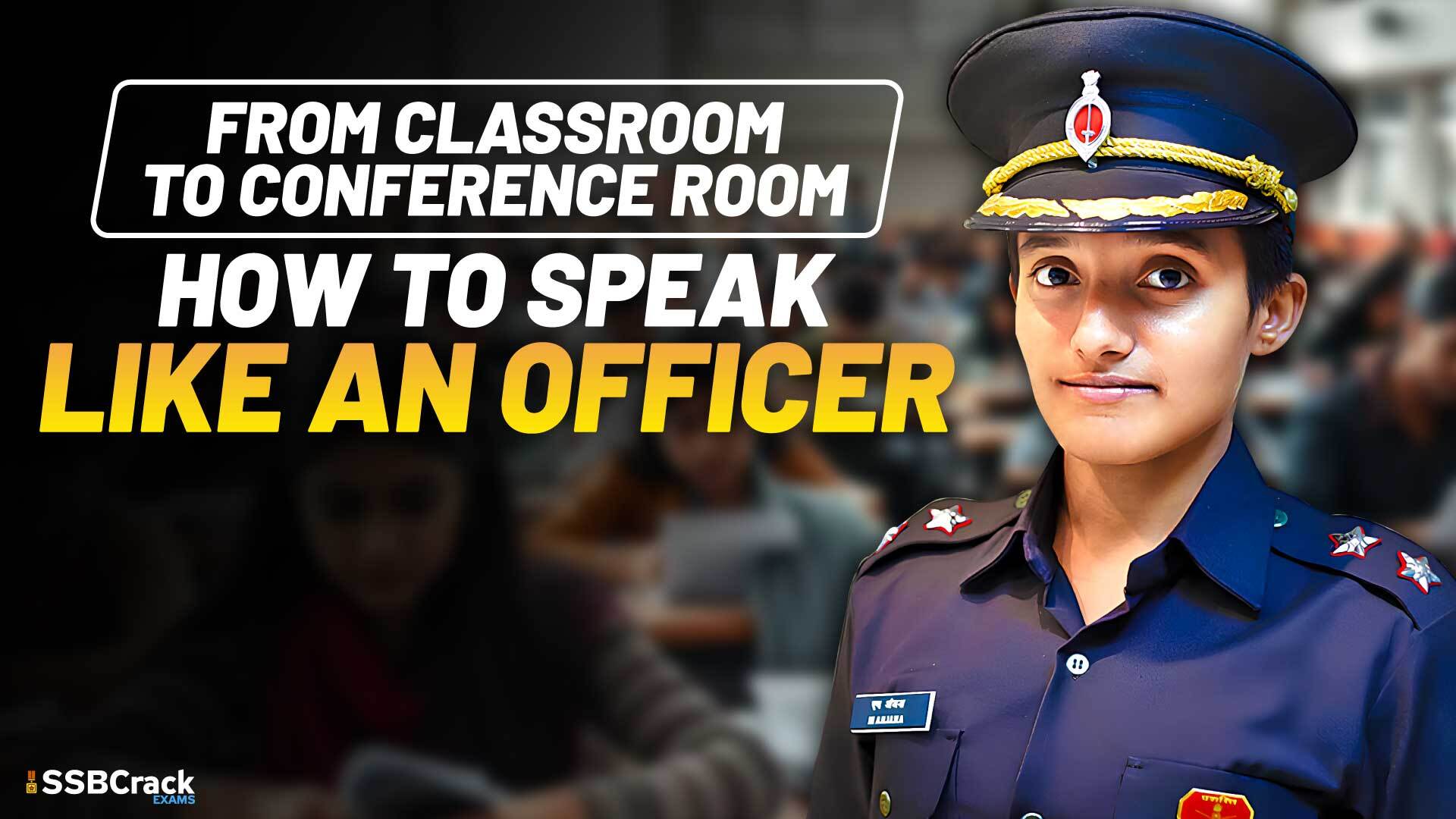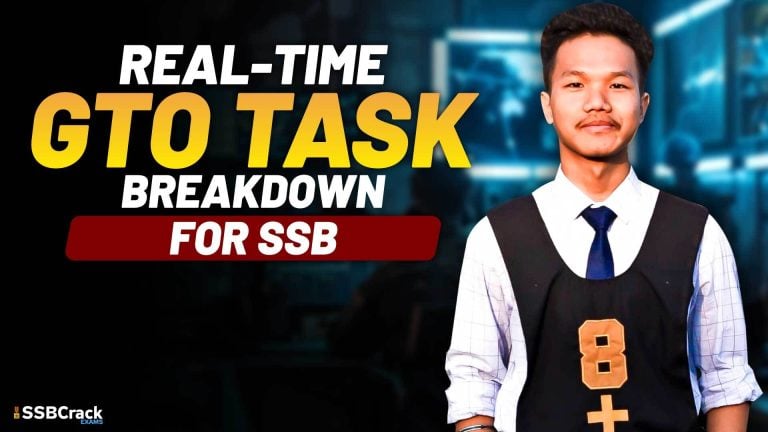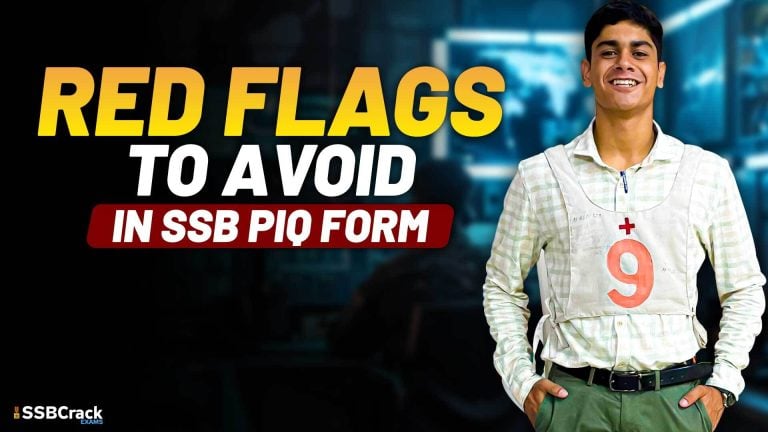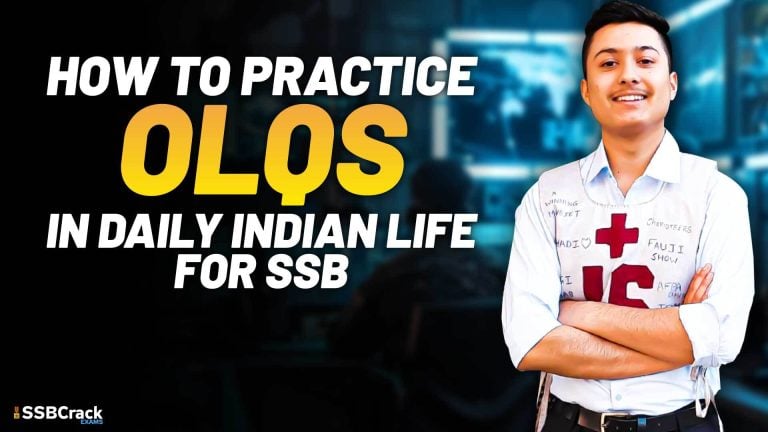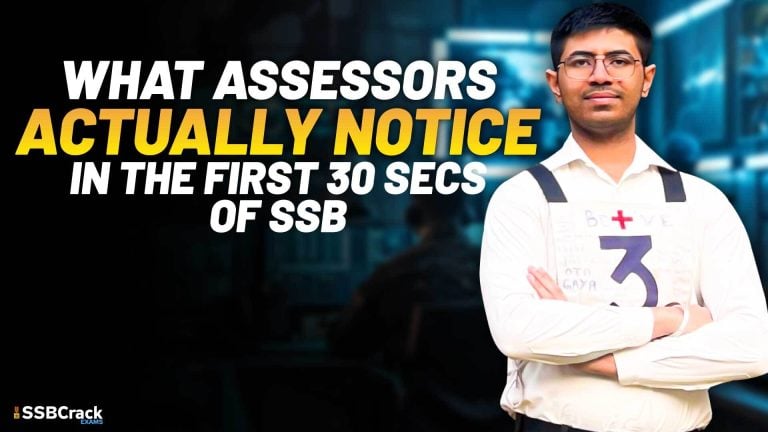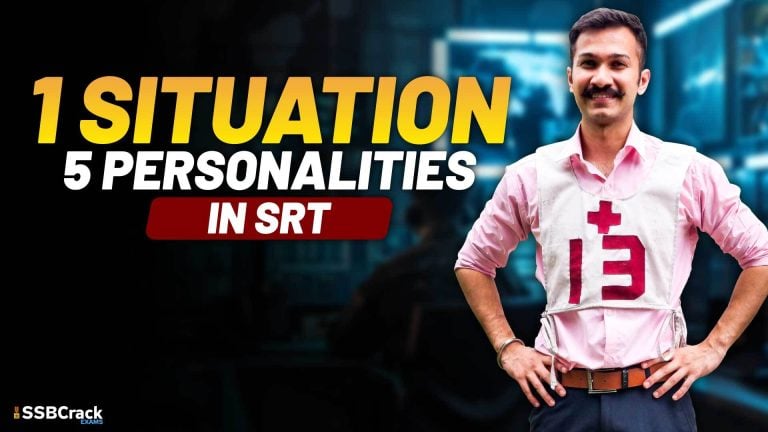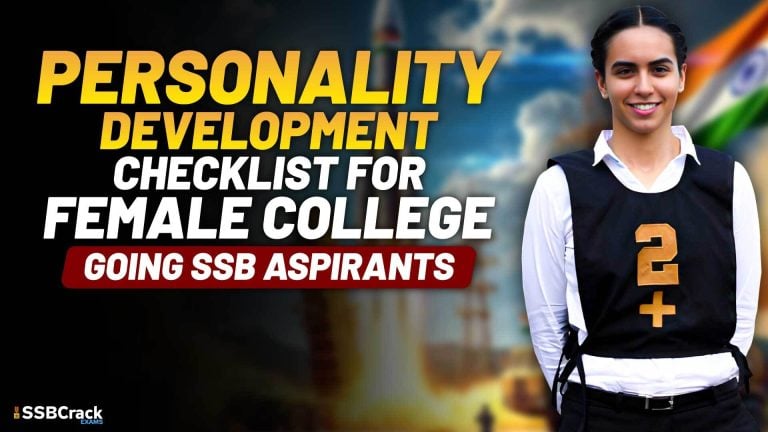In the SSB Interview, your communication style is one of the strongest indicators of your personality. Officers are expected to speak with clarity, confidence, responsibility, and purpose.
But most aspirants—especially students—are used to:
- casual classroom discussions
- informal college conversations
- speaking without structure
- hesitating or repeating words
- explaining too much or too little
The challenge is transitioning your communication from student-level to officer-level — clear, crisp, impactful, and professional.
This article teaches you exactly how to speak like an officer in the GD, Lecturette, Personal Interview, and even in daily life.
What “Speaking Like an Officer” REALLY Means
An officer’s communication is not loud or fancy.
It has 5 core qualities:
1️⃣ Clarity — Say what you mean, directly.
No confusion. No rambling. No fillers.
Officers communicate for action.
2️⃣ Brevity — Short, crisp, structured sentences.
Officers avoid long emotional explanations.
Everything is purposeful.
3️⃣ Confidence — Calm tone, steady pace, firm voice.
Even if you don’t know the answer, you don’t panic.
4️⃣ Respect — Polite but not submissive.
Officers maintain dignity while speaking.
5️⃣ Responsibility — Every sentence shows maturity.
Your words reflect your values, not your mood.
If you master these 5 traits, you automatically sound like an officer.
How Classroom Speaking Differs from Officer-Level Speaking
Most students speak like this:
- “Umm… sir… I think maybe climate change is kind of a big issue because…”
- “Like… actually… you know…”
- Casual tone
- Lack of structure
- Nervous laughs or fillers
Officer-level speaking sounds like:
- “Climate change is one of the most urgent global issues because…”
- “I believe the most practical solution is…”
- “In my opinion, the priority should be…”
Difference?
One is uncertain.
The other is decisive.
The Officer’s Communication Formula (O.C.F.)
Use this simple formula for any answer, any GD point, any interview question:
O – Observation
Start with a clear statement.
➡ “The root cause of the problem is…”
➡ “The situation demands…”
C – Clarity
Explain in crisp, short sentences.
➡ “There are three key challenges.”
➡ “The first issue is…”
F – Final Point
End with a conclusion or action.
➡ “Therefore, the most effective solution is…”
➡ “To summarise…”
This formula makes you structured, logical, and officer-like instantly.
Voice, Tone & Body Language — The Officer’s Style
Officer-like speaking is not only what you say, but how you say it.
✔ Voice
- Deep breathing → stable voice
- Slight pauses → clarity
- No shouting → calm authority
✔ Tone
- Neutral
- Respectful
- Direct
Never emotional, rude, or defensive.
✔ Body Language
- Straight posture
- Minimal hand movement
- Eye contact
- Steady expressions
Your body should say:
“I am composed, alert, and responsible.”
Practical Exercises to Transform Your Speaking
Here are exercises that instantly improve your officer-like expression.
1️⃣ 60-Second Lecturette Drill
Pick any topic and speak for 1 minute:
- 10 sec intro
- 40 sec points
- 10 sec conclusion
This improves structure and flow.
2️⃣ Replace Fillers with Pauses
Whenever you feel like saying “umm,” take a half-second pause.
Officers use pauses, not fillers.
3️⃣ Speak in Bullet Points (Mentally)
Don’t speak paragraphs.
Think in bullets:
- point 1
- point 2
- point 3
It makes your communication sharper.
4️⃣ Record 1 Answer Daily
Choose a PI question:
- “Tell me about yourself”
- “Why do you want to join the forces?”
- “Your strengths and weaknesses?”
Record. Review. Improve.
This builds confidence and clarity.
How to Speak Like an Officer in GD, PI & Lecturette
1️⃣ In Group Discussion
- Take initiative early
- Speak 4–6 times
- Don’t fight
- Support others
- Add constructive solutions
Your voice should say:
“I want progress, not dominance.”
2️⃣ In the Personal Interview
- Answer, don’t narrate
- Accept mistakes honestly
- Be calm when challenged
- Maintain eye contact
- Give examples, not theories
3️⃣ In Lecturette
- Strong introduction
- 3-point structured body
- Confident summary
- No rush, no panic
Lecturette is the BEST chance to show officer-like communication.
Speak Like the Officer You Want to Become
Speaking like an officer is not a skill you are born with.
It is a trainable habit, built through:
- clarity
- structure
- composure
- discipline
- practice
From the classroom to the conference room, from informal talk to official talk, your communication must reflect:
confidence, maturity, and a leadership mindset.
When you speak like an officer, you start thinking like an officer.
And once you think like an officer — the SSB sees it.
